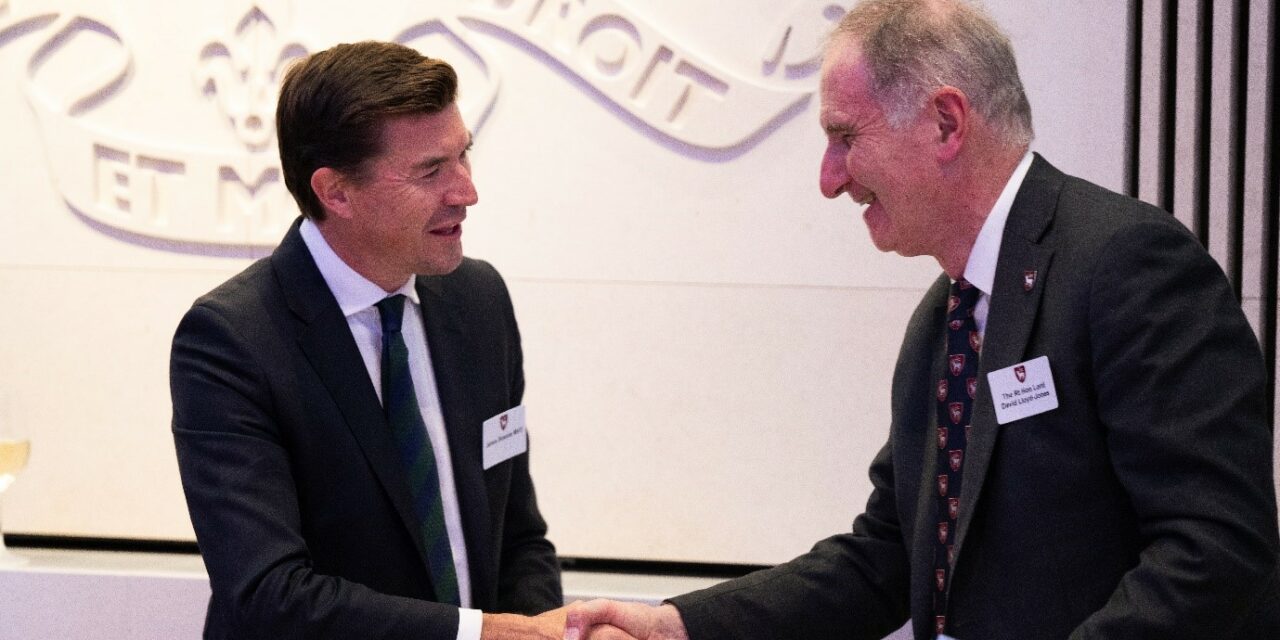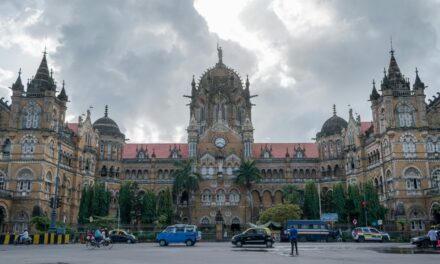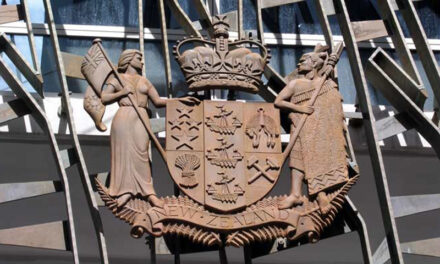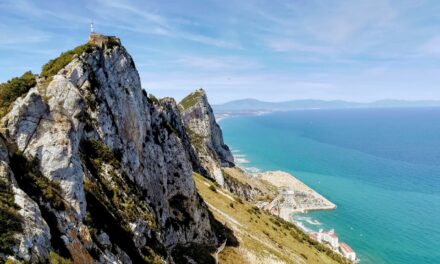This is an extract from a speech by the Master Treasurer, Lord Lloyd-Jones, delivered at a dinner at the US Supreme Court on the occasion of the Amity Visit of the Middle Temple to Washington DC in September 2023.
It is entirely appropriate that we as Middle Templars should undertake an Amity Visit to Washington DC. The simple truth is that we in the Middle Temple have no better friends than our American cousins, as they have proved time and time again.
Middle Templars can certainly claim to have been involved from the start of the great enterprise which led to the birth of the United States of America. Sir Walter Raleigh personally oversaw and financed the early and ill-fated Roanoke settlement in Virginia in the 1580s. One of the vessels he sent to Roanoke was commanded by Philip Amadas, a Middle Templar, who – not long after embarking on his voyage – was fined 20 shillings by the Masters of the Bench for his absence from the Inn. The Benchers were clearly unsympathetic to the enterprise.
But that changed rapidly. Some of the foundation meetings of the Virginia Company were held in the Middle Temple Hall, then just 30 years old, and some of the key players in its creation were Middle Templars. Sir John Popham, a former Treasurer of the Inn, was the prime mover in setting up the Virginia Company. The Virginia Charters, which conferred on the colonists ‘all the liberties, franchises and immunities of English subjects’, were drawn up by Sir Edwin Sandys. Bartholomew Gosnold sailed with the expedition which founded the Virginia Colony at Jamestown, only to die four months later. Sir Richard Martin, a Bencher of the Inn, was Counsel to the Virginia Company from 1612 and he played a leading role in the production of the joint Masque by Middle Temple and Lincoln’s Inn at Whitehall in 1613 for the wedding of Princess Elizabeth to Frederick V of the Palatinate, in which Virginia and its people were portrayed.
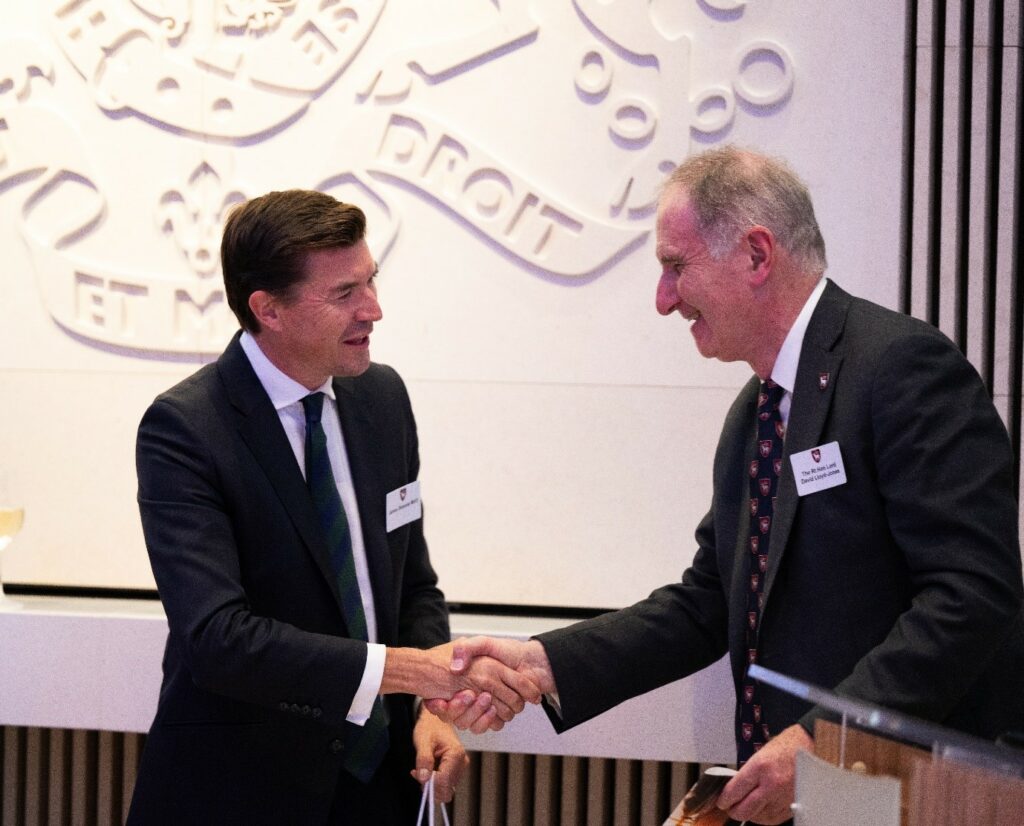
A new phase in the Inn’s relationship with America began when young men from prosperous American families started to come to England to study law in the Inns of Court. In the 17th and 18th Centuries, the Middle Temple seems to have been the Inn of choice for students from America. By 1776, 120 American students had been admitted to the Middle Temple. No doubt they found it a congenial environment – not least because in the 18th Century the Inn was a hot-bed of Whiggery.
It is well-known that when the break between Britain and its American colonies came with the American revolution, five members of the Middle Temple were among the 55 signatories of the Declaration of Independence: Edward Rutledge, Thomas Heyward, Thomas McKean, Thomas Lynch and Arthur Middleton. Just consider for a moment the enormity of what they were doing. They must certainly have considered it. This was treason and this was to be compounded by the revolutionary war which followed. As Benjamin Franklin observed; ‘We must, indeed, all hang together or, most assuredly, we shall all hang separately.’ These were not natural revolutionaries or rebels, but lawyers goaded beyond endurance as they saw it by the policies of a distant and uncomprehending government in London.
But it is also important to remember that not all Middle Templars were on the same side of this rift. Civil wars and revolutionary wars split families and friendships, setting fathers against sons and brother against brother. Benjamin Franklin had sent his son, William, to study law at the Middle Temple. William Franklin had been appointed Governor of New Jersey in 1762. When the revolution came, he was unwilling to break his oath of allegiance to the Crown. He became estranged from his father, and he was eventually hounded out of America, ending up as a refugee in England. Father and son were to meet on one last occasion. In 1785 Benjamin Franklin was travelling from Paris, home to Philadelphia. While he was waiting in Southampton for a ship to take him across the Atlantic, they met in Southampton. That was the first time they had met since 1776. William Franklin died in exile in England in 1813.
Others must have been torn as to which was the right course to follow in the years leading up to the Declaration of Independence. The Philadelphia lawyer, John Dickinson was such a man. Dickinson had studied law in Philadelphia before travelling to London in 1753 for three years of study at the Middle Temple. He was Called to the Bar in 1757 and for a time he occupied chambers in 2 Middle Temple Lane. He then returned to practise in Philadelphia. It was Dickinson who was the anonymous author of Letters from a Farmer in Pennsylvania, published in 1767 and 1768. This earned him the title of ‘the penman of the revolution.’ He was hugely influential. Indeed, he was credited with the phrase, ‘no taxation without representation.’ But Dickinson was a very moderate revolutionary. He wrote:
I hope, my dear countrymen, that you will in every colony be upon your guard against those who may at any time endeavour to stir you up, under pretences of patriotism, to any measures disrespectful to our sovereign and to our mother country. Hot, rash, disorderly proceedings, injure the reputation of a people as to wisdom, valour and virtue, without procuring them the least benefit. I pray God, that he may be pleased to inspire you and your posterity to the latest ages with that spirit… that it will be impossible to determine, whether an American’s character is most distinguishable for his loyalty to his sovereign, his duty to his mother country, his love of freedom, or his affection for his native soil.
Dickinson was elected a delegate to both the First Continental Congress and the Second Continental Congress. It was Dickinson who was responsible for what became known as the ‘Olive Branch Petition’ adopted by the Second Continental Congress in July 1775 in a final attempt to avoid war between Britain and its 13 American colonies. In this he was supported by John Rutledge, another Middle Templar. Dickinson claimed that the colonies did not want independence but wanted fairer trade and tax regulations. He asked that the king establish a lasting settlement between the mother country and the colonies ‘upon so firm a basis as to perpetuate its blessings, uninterrupted by any future dissensions, to succeeding generations in both countries.’ But it was too late. By the time the petition was received, the king had already issued the Proclamation of Rebellion.
Dickinson had a hand in the drafting of the Declaration of Independence – principally, of course, the work of Thomas Jefferson – but in July 1776 Dickinson absented himself from the votes declaring independence because he believed that the Congress should complete the Articles of Confederation and secure a foreign alliance before issuing a declaration. He then left the Congress and joined the patriot militia as a private, rising to the rank of Brigadier General. Following the War of Independence, he was a delegate of Delaware to the Constitutional Convention of 1787. As a result, John Dickinson was one of seven Middle Templars to sign the United States Constitution: in addition to Dickinson, William Livingstone, John Blair, John Rutledge, Charles Cotesworth Pinckney, Jared Ingersoll and Charles Pinckney.
In a recently discovered letter, Thomas Jefferson wrote on learning of the death of John Dickinson:
A more estimable man, or truer patriot, could not have left us. Among the first of the advocates for the rights of his country when assailed by Great Britain, he continued to the last the orthodox advocate of the true principles of our new government and his name will be consecrated in history as one of the great worthies of the revolution.
John Dickinson is, in my opinion, an eminent Middle Templar who deserves to be better remembered.
Edmund Burke, another Middle Templar, who in Parliament had been a staunch opponent of the use of force against the colonists, had some conception of the unprecedented significance of what was occurring when he wrote:
A great revolution has happened: a revolution made not by chopping and changing of power in existing states but by appearance of the new state among mankind, of a new species, in a new part of the earth. It has made as great a change in all the relations and balances and gravitations of power, as the appearance of a new planet would in the system of our solar world.
How prophetic these words were. What a mighty new planet was about to swim into our ken. To appropriate the words of George Canning, a new world had been called into existence to redress the balance of the old. A time was to come – in the 20th Century – when that mighty new world would twice come to the rescue and salvation of the old.
And here I must mention one matter particularly close to home. When at the end of the Second World War, the Middle Temple Hall lay devasted as a result of Nazi bombing in the Blitz, it was through the generosity of the American Bar Association and the Canadian Bar Association that the Hall was rebuilt. It is to them that we owe our Hall, the 450th anniversary of which we will celebrate next month.
This is, however, starting to resemble a history lesson. Perhaps I might be permitted to finish by referring to a scene in George Bernard Shaw’s play, The Apple Cart. Written in 1928, it is set in Britain some 40 years in the future – so, safely in the future, in about 1968. Shaw’s comedy does not have much of a plot – it is largely an opportunity for political speechifying – but such plot as it has concerns King Magnus and his court and the king’s machinations to outwit the very slippery politicians who are seeking to reduce him to a cipher. I mention it because towards the end of the play the United States Ambassador, Mr Vanhattan, arrives at Buckingham Palace in a state of great excitement to announce some earth-shattering news. When, at last, he has managed to calm himself sufficiently to speak, it becomes clear that he has come to inform the king that the United States of America has decided to revoke the Declaration of Independence and to rejoin the Empire. This news is greeted by King Magnus – it has to be said – with alarm.
We might perhaps agree with King Magnus that there are many advantages in the present relationship which has evolved over the last 250 years and that, on balance, it might perhaps be better to leave relations as they stand. We, therefore, have no hopes for an early return to the old allegiance. But when that 250th anniversary of the Declaration of Independence is reached – in three years’ time – we will be the first to salute the United States of America.
Amity is the key note of this visit to Washington DC and it is wonderful that, despite some less happy episodes in the history of our relationship, we can this evening dine together in amity as the very best of friends. This very special relationship is one in which we rejoice. Above all, we share a dedication to the rule of law which our two nations agree is fundamental to civilised existence. On both sides of the Atlantic, we have a great deal for which to be thankful.
Master Junior, the United States of America.
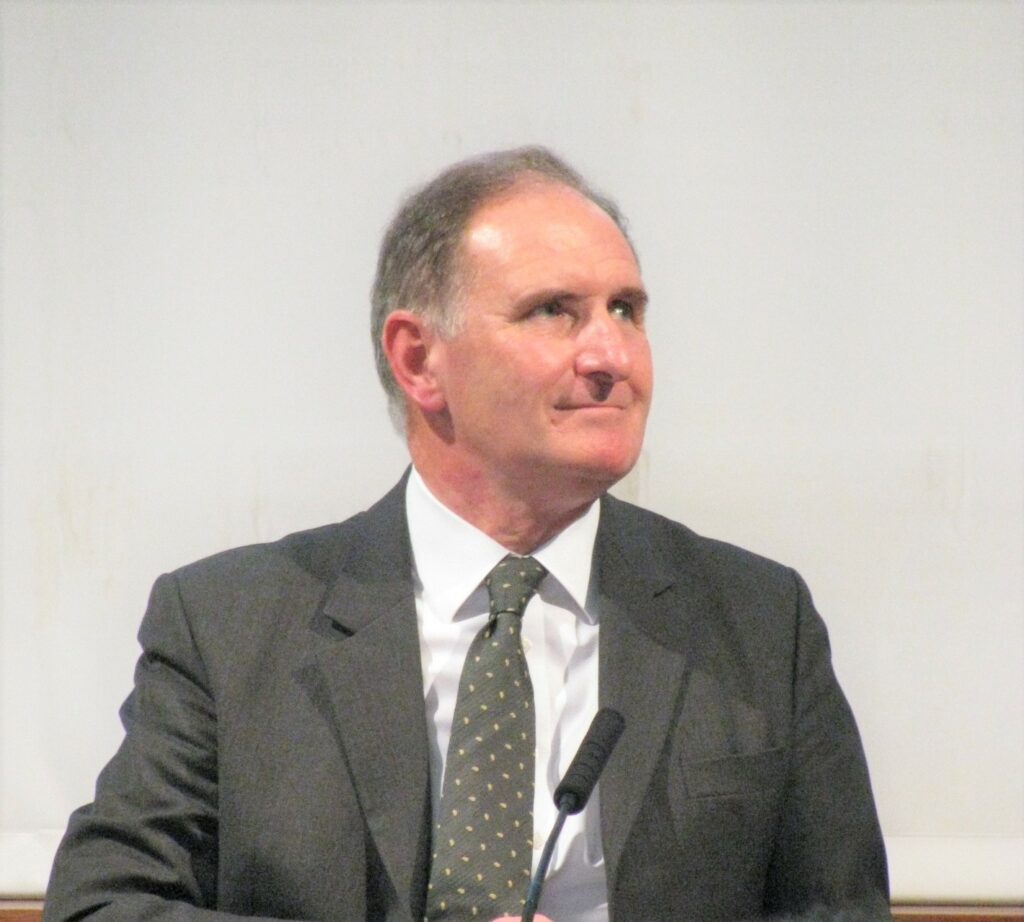
Lord Lloyd-Jones has been a Justice of the Supreme Court of the United Kingdom since 2017. In 2023 he was Master Treasurer of the Middle Temple.

